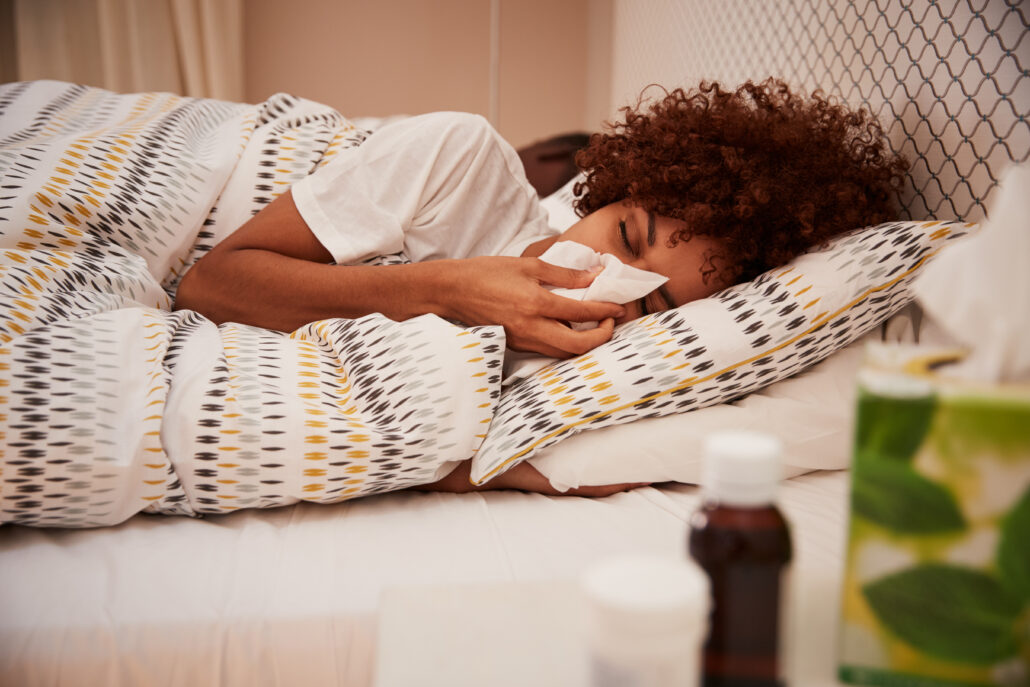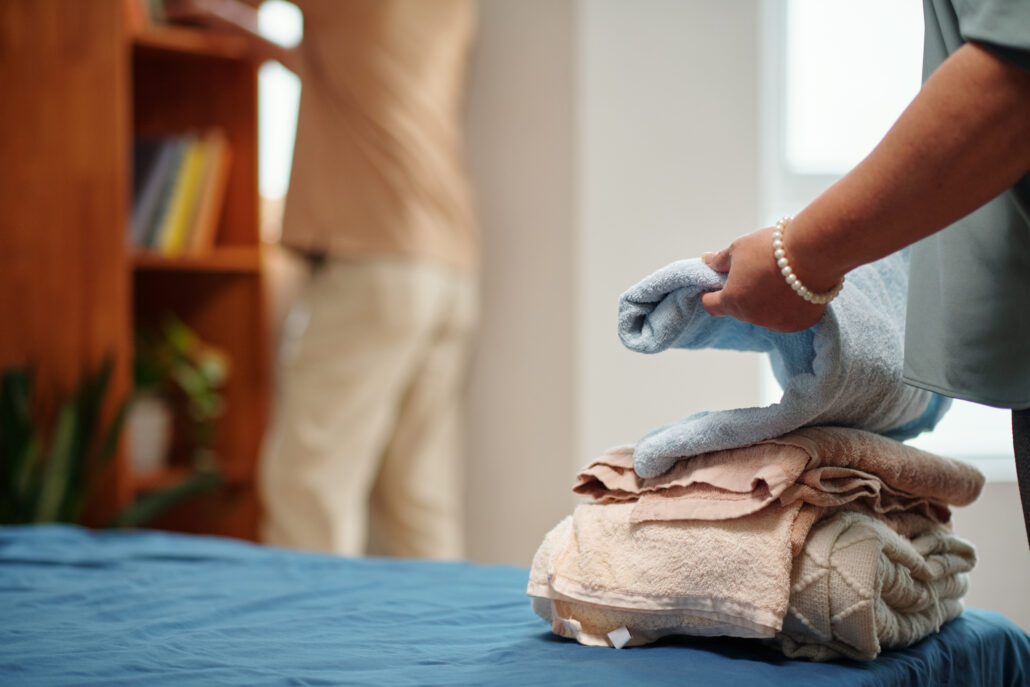
Ever notice how some foods leave you feeling wired, while others make you ready to hit the pillow? Turns out, what we snack on has a big say in how well we snooze. By picking the right bites and dodging the sleep stealers, we’re setting ourselves up for those dreamy nights. It’s pretty cool how tweaking what’s on our plate can be a game-changer for our sleep game. Let’s make getting those Z’s as easy as pie.
The Science of Sleep and Nutrition
Recent studies, from the NIH shed light on how dietary choices impact our sleep hormones and patterns. This research reveals that certain nutrients directly influence the mechanisms that regulate sleep, suggesting that our diet plays a significant role in how well we rest at night.
Foods That Promote Sleep
Several foods are known for their sleep-enhancing properties, thanks to their nutrient content. For instance:
- Almonds and Walnuts: Rich in magnesium and melatonin, aiding in muscle relaxation and sleep regulation.
- Cherries: One of the few natural sources of melatonin, helping regulate sleep cycles.
- Fatty Fish: High in omega-3 fatty acids and vitamin D, which have been linked to better sleep quality due to their role in serotonin production.
- Kiwi: Contains antioxidants and serotonin, which may improve sleep onset and duration.
The Better Sleep Council’s blog post “The Sleep Diet” further explores how sleep and digestion are interconnected, offering insights into how a balanced diet can support restful nights
Foods to Avoid Before Bedtime
Conversely, certain foods and beverages can disrupt sleep, including:
- Caffeine: Stimulates the nervous system, making it harder to fall asleep.
- Alcohol: Although it may initially induce sleepiness, it can interrupt sleep cycles later in the night.
- Heavy or Spicy Foods: Can cause discomfort and indigestion, leading to disrupted sleep.
Incorporating Sleep-Inducing Foods into Your Diet
Integrating sleep-promoting foods into your diet doesn’t have to be a challenge. Simple changes, such as including a kiwi or a handful of nuts in your evening snack, can make a significant difference. Timing your meals and snacks to avoid heavy digestion close to bedtime can also enhance sleep quality.
The relationship between diet and sleep is complex yet incredibly impactful on our well-being. By experimenting with sleep-enhancing foods and mindful avoidance of those that disrupt rest, you can discover the optimal dietary balance for improved sleep quality. Embrace the journey towards better rest through thoughtful dietary choices, and let the quest for a peaceful night’s sleep be a delicious one.
References:



